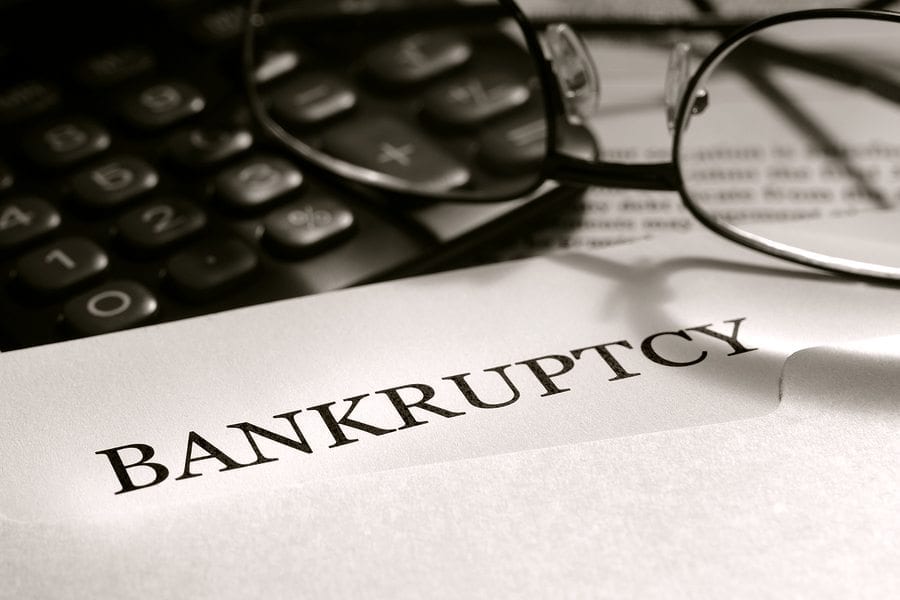Most people probably already know that bankruptcy is one of the most effective means of eliminating excess debt. For individuals, Chapter 7 bankruptcy is often the fastest way to eliminate debt and achieve a fresh financial start. Similarly, Chapter 13 bankruptcy can allow individuals to resolve and eliminate debts while protecting their property. For business owners, a Chapter 11 reorganization can often be used as a tool to restructure and reorganize finances and debts. Regardless of the form of bankruptcy you may elect to utilize, bankruptcy provides many tools and powers that comprise and supplement its ability to handle debt.
A Philadelphia bankruptcy attorney of Sadek Bankruptcy Law Offices believes in a strategic approach to all debt situations. When you work with a Sadek Bankruptcy Law Offices attorney, you can expect a tactical approach to bankruptcy that leverages the various powers authorized by the bankruptcy code to improve the likelihood that all of your debt and other financial concerns will be fully addressed. To schedule a free and confidential bankruptcy consultation, call 215-545-0008 today or contact us online.

Bankruptcy’s Avoidance Powers can be used to Recapture Assets
In some instances, an individual or a company’s finances may seem relatively stable one day only for the bottom to drop out days or weeks later. Transactions made in the days or weeks prior to the incident may have seemed innocuous at the time, but following the downturn these same transactions may be viewed as unwise or as unfairly favoring certain creditors. However, the strategic use of bankruptcy’s avoidance powers can allow an individual or entity to recapture certain assets. While the exact specifics regarding the exercise of avoidance powers will vary based on the circumstances, many transactions conducted within 90 days of the bankruptcy can be unwound. The recovered assets can then be used to satisfy debts and obligations held by creditors.
Bankruptcy’s avoidance powers can also be utilized to avoid certain contracts and obligations. In particular, bankruptcy’s avoidance powers often authorizes the ability to affirm or reject executory contracts and leases. Executory contracts are contracts under which both parties are required to fulfill material conditions. The bankruptcy filer may choose to affirm, reject, or even assign contracts. However, there are certain conditions and caveats that apply to all of these abilities that are best explained in the context of the relevant factual scenario.
Chapter 13 Bankruptcy Can be Used to Strip Liens and Junior Mortgages
For individuals holding debt predominately comprised of secured debt – obligations that are backed by collateral in the form of property or assets – Chapter 13 bankruptcy provides for a number of potentially useful powers. For instance, the lien stripping power of Chapter 13 can permit a taxpayer to convert certain secured loans lacking adequate property to unsecured obligations. Converting these loans to unsecured status means that they are no longer priority debts and makes them more likely to be discharged at the close of the process.

All Chapters of the Bankruptcy Code Protect Against Creditor Collection Attempts
One of the most common request our bankruptcy lawyers receive from potential clients is to make the creditor calls and bill collector calls stop. The good news is that all forms of bankruptcy will start an immediate injunction that prohibits creditors from engaging in most collection attempts or activities. In fact, in many situations where a creditor continues to hound a bankruptcy filer, damages for violations of the Federal Debt Collection Practices Act (FDCPA) are available. However, the automatic stay’s relief is only temporary in nature. If an individual wants to stop creditor collection calls once and for all, he or she will still need to proceed through the bankruptcy process and receive a discharge of debt. Thankfully, the automatic stay provides a much needed respite from creditor harassment while you settle your debts under the watchful eye of a federal bankruptcy court.
Strategic Philadelphia Bankruptcy Lawyers Can Help You Get a Fresh Financial Start
If you are considering bankruptcy, the Bucks County Chapter 7 and Chapter 13 bankruptcy lawyers of Sadek Bankruptcy Law Offices can help you leverage these and other powerful legal tools. Our attorneys approach each and every matter strategically and fully consider the unique circumstances and scenarios before providing advice. To schedule a free and confidential consultation with our legal team, please call 215-545-0008 or contact us online.





